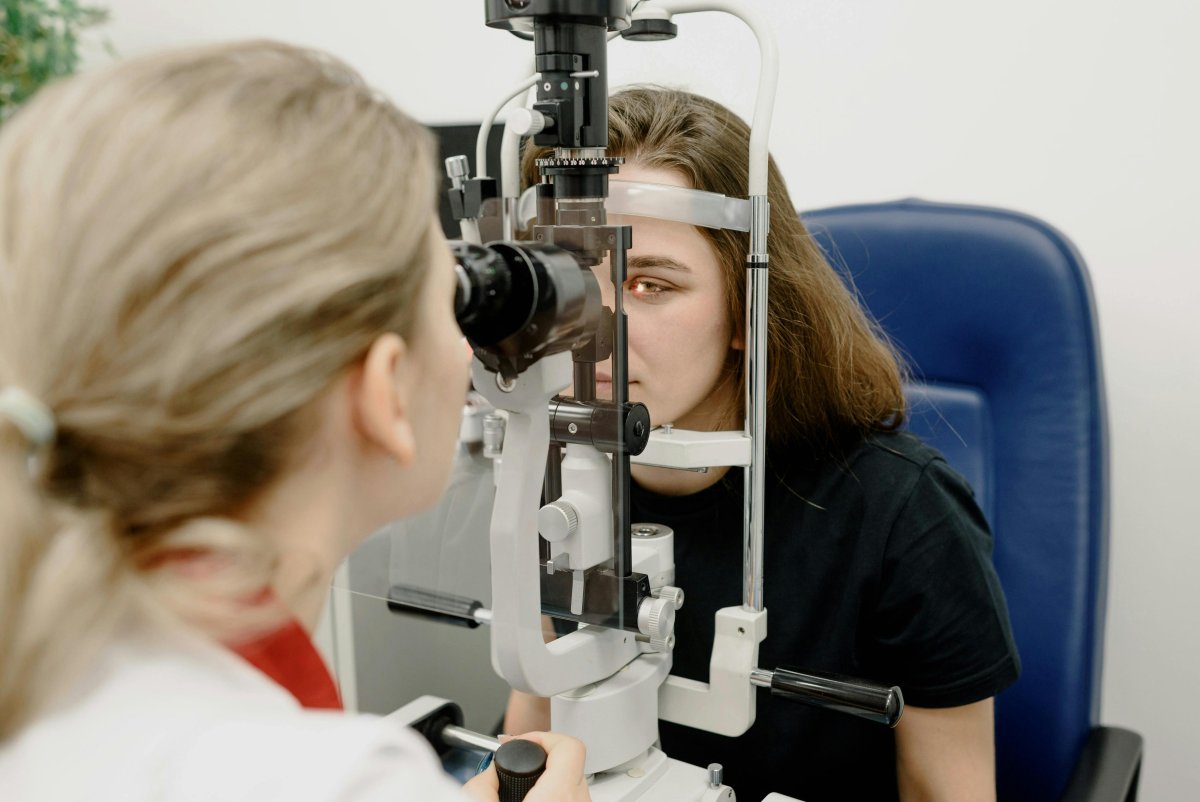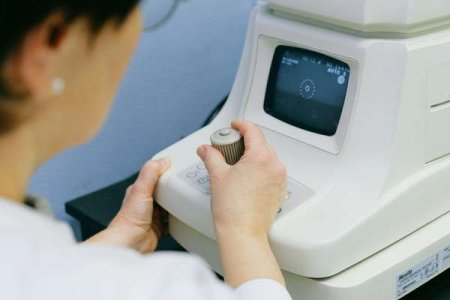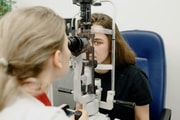
Imagine sitting down for a routine eye exam—no chest scans, no blood tests—just a quick look into your eyes. But what if that simple test could reveal far more than your vision?
Researchers are now finding that your retina may hold vital clues about heart health and biological aging, offering a surprising glimpse into risks once hidden deep within the body.
Fast, non-invasive AI retinal scans are already being integrated into primary care to help screen for heart attack and stroke risk. It’s not science fiction—it’s the future of preventive care, and it could begin with your next eye test.
The blood vessel breakthrough that's changing everything
Scientists have discovered that simpler, less branched retinal blood vessels are linked to higher heart disease risk and shorter lifespan.
Think of it like examining the tributaries of a river system. In healthy eyes, the blood vessels branch out in complex, intricate patterns. But in people at higher risk of heart disease, these vessels show simpler, less sophisticated branching.
This discovery emerged from an analysis of more than 74,000 participants across four major studies, making it one of the largest investigations into retinal health and heart disease ever conducted.
“The eye provides a unique, noninvasive window into the body's vascular health,” said Craig Basman, MD, FACC, FSCAI, Associate Director, Structural & Congenital Heart Program, and director of the Adult Congenital Heart Disease at Hackensack University Medical Center in New Jersey.
Why your eyes reveal so much about your heart
Your retina contains the only blood vessels in your body that doctors can see directly without making an incision. These tiny vessels are essentially identical to those in your brain and kidneys, making them a remarkable window into your overall vascular health.
The latest research has identified specific proteins—most notably MMP12 and IgG-Fc receptor IIb—that appear to drive the changes in blood vessel structure. These proteins are linked to inflammation and tissue remodeling, processes that contribute to both aging and cardiovascular disease.
What this means for seniors
For seniors, AI-powered retinal scans could become a game-changing tool for early detection of heart disease and biological aging without invasive tests.
This technology is already being integrated into primary care settings—especially in urban clinics—and is covered by Medicare, making it a promising option for older adults who benefit from early, low-barrier detection.
Also read: Could your eyes reveal stroke risk? Find out now.
More than 15,000 claims have already been filed for AI diabetic eye exams, showing that the technology is gaining traction. Another system, AEYE Health, recently received FDA clearance for a handheld version, making it easier to bring screening to community clinics and rural areas.
If you’re over 65 and managing diabetes, high blood pressure, or cholesterol, ask your doctor whether AI retinal screening is available.
The future of cardiovascular health screening is literally in sight. As this technology continues to develop, we may soon find that a routine eye check provides insights that could save their lives.
It's a remarkable example of how cutting-edge science is translating into practical, accessible healthcare.
What's your experience with heart health screening? Have you had any interesting findings during routine eye exams? We'd love to hear from you in the comments below.







